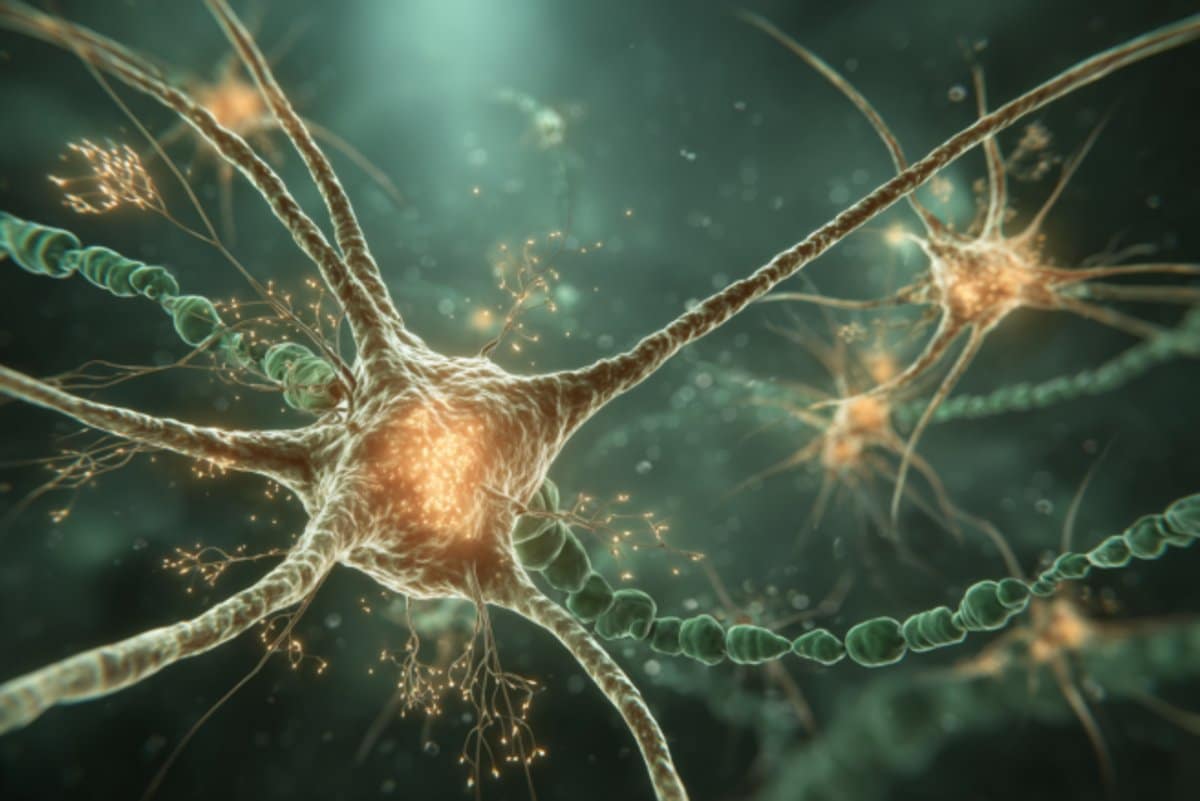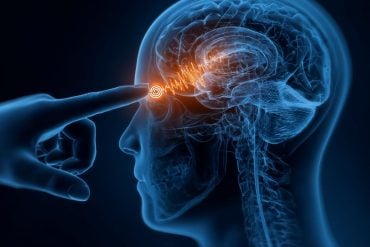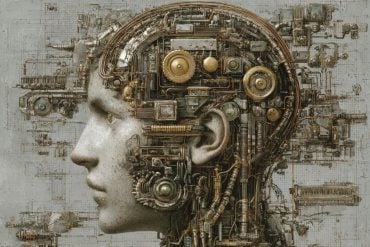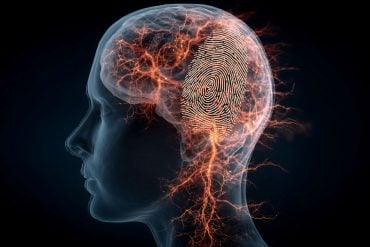Summary: Scientists have identified a natural compound combination that reverses aging-related brain cell decline and removes harmful Alzheimer’s-linked proteins. The treatment, combining nicotinamide (vitamin B3) and the green tea antioxidant epigallocatechin gallate, restores guanosine triphosphate (GTP) levels—critical for neuronal energy and protein cleanup.
In aged neurons, the restored energy boosted protein clearance, reduced oxidative stress, and reactivated key cell trafficking pathways. The findings suggest a potential non-drug strategy for combating Alzheimer’s, though more work is needed to optimize delivery.
Key Facts
- Energy Restoration: Nicotinamide and green tea antioxidant revived GTP levels in aged neurons to youthful levels.
- Protein Clearance Boost: Treatment improved the brain’s ability to remove toxic amyloid beta aggregates.
- Non-Pharmaceutical Potential: Findings point to a supplement-based approach for Alzheimer’s prevention or therapy.
Source: UC Irvine
Researchers at the University of California, Irvine have identified a promising nonpharmaceutical treatment that rejuvenates aging brain cells and clears away the buildup of harmful proteins associated with Alzheimer’s disease.
In a paper published recently in the journal GeroScience, the UC Irvine team reports that a combination of naturally occurring compounds – nicotinamide (a form of vitamin B3) and epigallocatechin gallate (a green tea antioxidant) – can reinstate levels of guanosine triphosphate, an essential energy molecule in brain cells.

In tests on neurons in a dish, the treatment reversed age-related cellular deficits and improved the brain cells’ ability to clear damaging amyloid protein aggregates, an Alzheimer’s hallmark.
“As people age, their brains show a decline in neuronal energy levels, which limits the ability to remove unwanted proteins and damaged components,” said lead author Gregory Brewer, adjunct professor of biomedical engineering at UC Irvine. “We found that restoring energy levels helps neurons regain this critical cleanup function.”
The researchers used a genetically encoded fluorescent sensor called GEVAL to track live guanosine triphosphate levels in neurons from aged Alzheimer’s model mice. They discovered that free GTP levels declined with age – particularly in mitochondria, the cells’ energy hubs – leading to impaired autophagy, the process by which cells eliminate damaged components.
But when aged neurons were treated for just 24 hours with nicotinamide and epigallocatechin gallate, GTP levels were restored to those typically seen in younger cells.
This revival triggered a cascade of benefits: improved energy metabolism; activation of key GTPases involved in cellular trafficking, Rab7 and Arl8b; and efficient clearance of amyloid beta aggregates. Oxidative stress, another contributor to neurodegeneration, was also reduced.
“This study highlights GTP as a previously underappreciated energy source driving vital brain functions,” Brewer said.
“By supplementing the brain’s energy systems with compounds that are already available as dietary supplements, we may have a new path toward treating age-related cognitive decline and Alzheimer’s disease.”
He cautioned, “More work is going to be required to find the best way to administer this treatment, since a recent clinical trial involving UC Irvine researchers showed that oral nicotinamide was not very effective because of inactivation in the bloodstream.”
Brewer’s collaborators were Ricardo Santana, a UC Irvine associate specialist in biomedical engineering, and Joshua McWhirt, a UC Irvine junior specialist who’s now a Ph.D. candidate at the Medical University of South Carolina.
Funding: Funding was provided by the National Institutes of Health and the UC Irvine Foundation.
About this supplements and brain aging research news
Author: Brian Bell
Source: UC Irvine
Contact: Brian Bell – UC Irvine
Image: The image is credited to Neuroscience News
Original Research: Open access.
“Treatment of age-related decreases in GTP levels restores endocytosis and autophagy” by Gregory Brewer et al. GeroScience
Abstract
Treatment of age-related decreases in GTP levels restores endocytosis and autophagy
Age-related declines in neuronal bioenergetic levels may limit vesicular trafficking and autophagic clearance of damaged organelles and proteins.
Age-related ATP depletion would impact cognition dependent on ionic homeostasis, but limits on proteostasis powered by GTP are less clear.
We used neurons isolated from aged 3xTg-AD Alzheimer’s model mice and a novel genetically encoded fluorescent GTP sensor (GEVAL) to evaluate live GTP levels in situ.
We report an age-dependent reduction in ratiometric measurements of free/bound GTP levels in living hippocampal neurons. Free GTP colocalized in the mitochondria decreased with age accompanied by the accumulation of free GTP-labeled vesicular structures.
The energy dependence of autophagy was demonstrated by depletion of GTP with rapamycin stimulation, while bafilomycin inhibition of autophagy raised GTP levels.
Twenty-four-hour supplementation of aged neurons with the NAD precursor nicotinamide and the Nrf2 redox modulator EGCG restored GTP levels to youthful levels and mobilized endocytosis and lysosomal consumption for autophagy via the respective GTPases Rab7 and Arl8b.
This vesicular mobilization promoted the clearance of intraneuronal Aβ aggregates, improved viability, and lowered protein oxidative nitration in AD model neurons.
Our results reveal age- and AD-related neuronal GTP energy deficits that impair autophagy and endocytosis. GTP deficits were remediated by an external NAD precursor together with a Nrf2 redox modulator which suggests a translational path.






